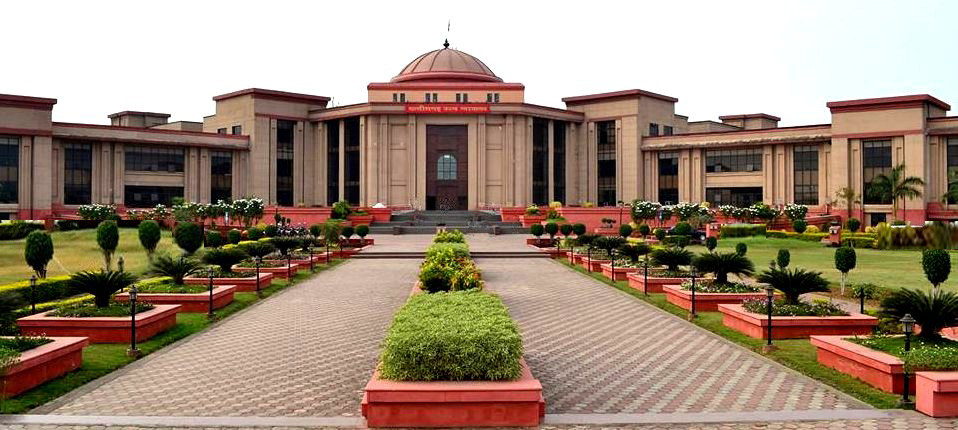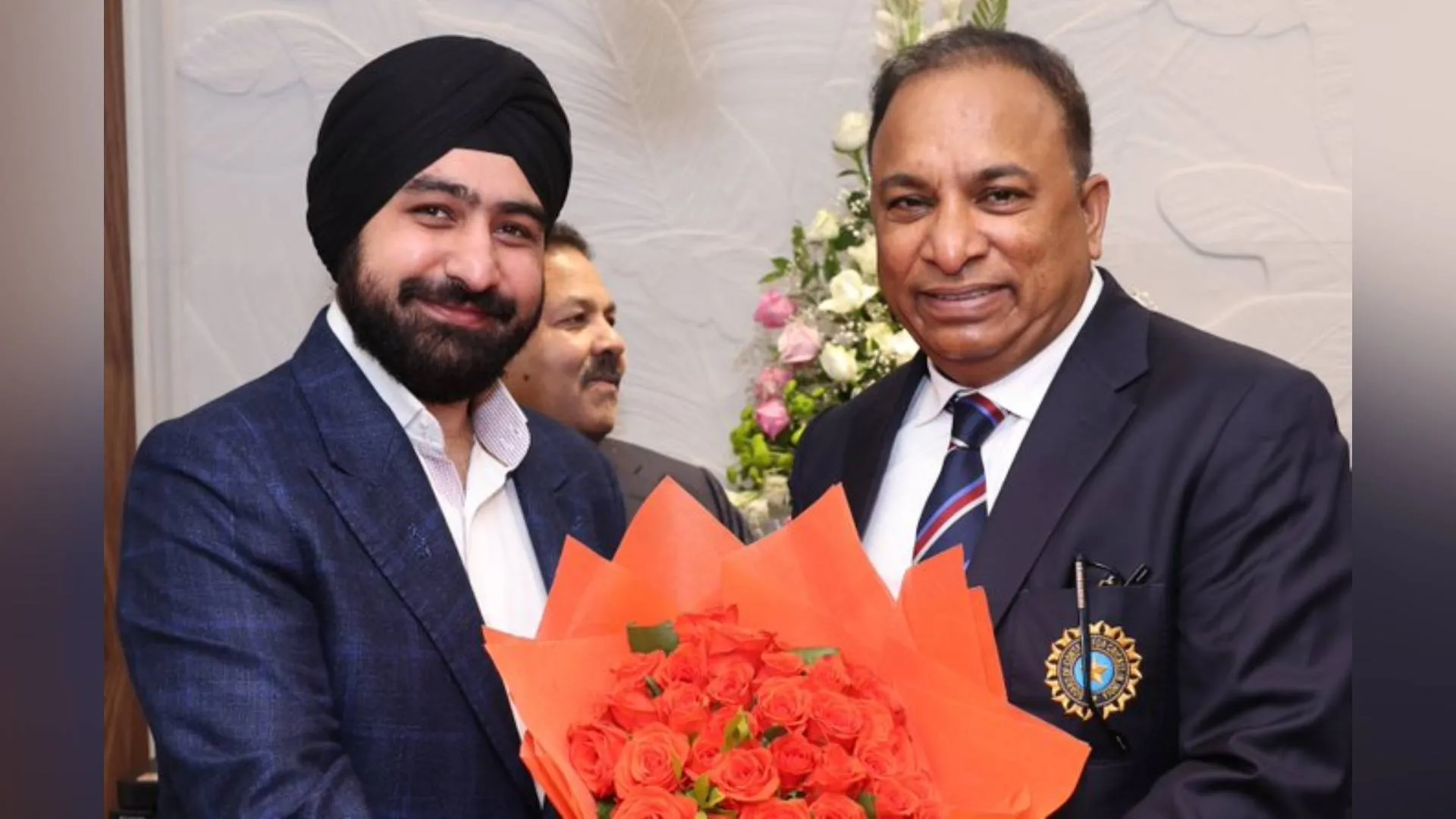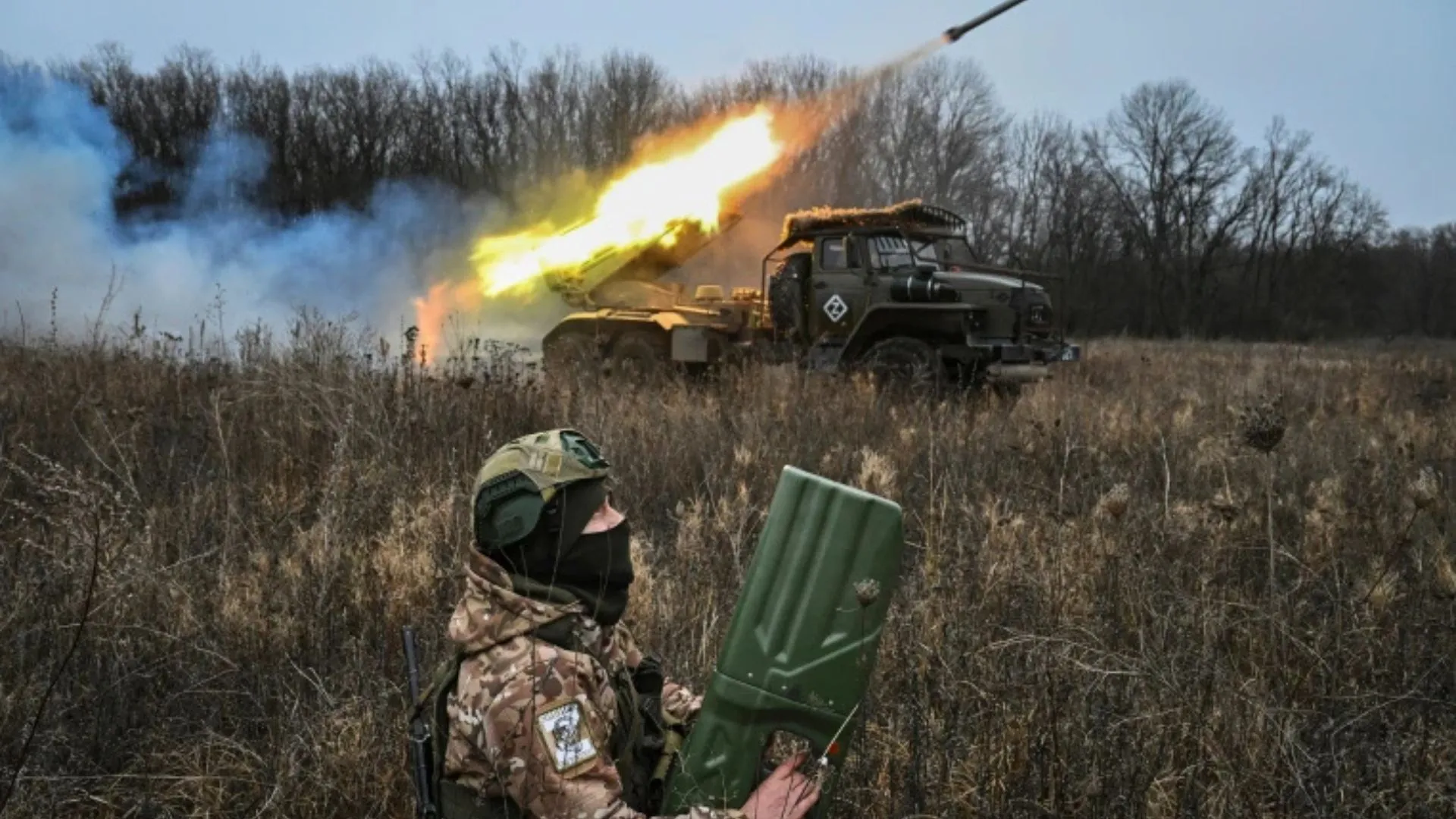The Chhattisgarh High Court in the case Purnima Lama vs. State Of Chhattisgarh and others observed and has recently expunged an ‘adverse’ remark which is made by the trial court against an investigating officer over the discrepancy in the probe without affording an opportunity of hearing to her, being pursuant to which the court initiated a departmental enquiry against her. The bench comprising of Justice Sanjay K. Agrawal and Justice Rakesh Mohan Pandey observed and has stressed a judge who has a duty to not make unmerited and undeserving remarks who especially in case of witnesses or the parties who are not before him who are affecting for their character and reputation unless it is absolutely being necessary for just and for a proper decision taken by the court in the case and that too after affording an opportunity for explaining or defending that witness or party. The court while expunging the remarks made by Trail Court and the court quashed the initiation of the departmental enquiry and the consequent proceedings against the officer, the Court relied upon the ruling of the Apex Court’s in the case of The State U.P. v. Mohammad Naim, wherein it has been laid down by the Supreme Court the following three-point test in considering the expunction of disparaging remarks which are made against persons or authorities whose conduct comes for the consideration before the Court of law:- (a) whether the party whose conduct being in question is before the court or having an opportunity of explaining or defending himself. (b) whether there being an evidence on record bearing on that conduct justifying the remarks; and (c) whether it is being necessary for the decision taken by this court in the case as an integral part thereof, to animadvert on that conduct. Therefore, the court in the said case also recognized that judicial pronouncements must be judicial in nature, and should not normally depart from sobriety, moderation and reserve. Facts of the Case: In the case the court was dealing with the petition filed by one Purnima Lama, an Inspector with the State Police, who was involved in the investigation in a case for the offence under Section 124-A of Indian Penal Code, 1860 and Section 3, Section 4 of the Police (Incitement to Disaffection) Act, 1922. In the said case she moved to the High Court, while challenging the same the trial was conducted in the Court of Second Additional Sessions Judge, Raipur and ultimately in November 2018, the was acquitted of the aforesaid offences extending the benefit of the doubt, In its order, adverse remarks has been trial court against the petitioner, pursuant to which, a departmental enquiry was initiated against her for the defective investigation. Further, the counsel before the court argued that the trial Court was not justified in making adverse remarks against the petitioner holding that she was being negligent while performing her duties and that too the court afforded no opportunity of hearing before making of an adverse remarks against her. Observations Made by the Court: In the said the it has been ruled by the Apex Court in the case Mohammad Naim (supra), it has been relied by the HC upon several other rulings of the Top court wherein almost similar principle was laid down that harsh or disparaging remarks are not to be made by the Courts against the persons and authorities whose conduct comes into consideration before courts of law unless it is really necessary for the court to take of the decision. It has also been referred by the court in the case State (NCT Of Delhi) V. Pankaj Chaudhary And Others, wherin it has been held by the Supreme Court that in case of defective/illegal investigation, disparaging remarks/ direction to initiate prosecution should not be passed against the police officials without affording the officer an opportunity of being heard. The Supreme Court in the case observed that the adverse remarks which are passed by the trial Court were absolutely contrary to the well-settled principles of law, therefore, the Court went ahead to expunge those remarks while adding a note of suggestion that the trial Court ought to have given a reasonable opportunity of hearing to the petitioner before the court for passing any adverse comments for discrepancies in the investigation. Accordingly, the court allowed the writ petition

















